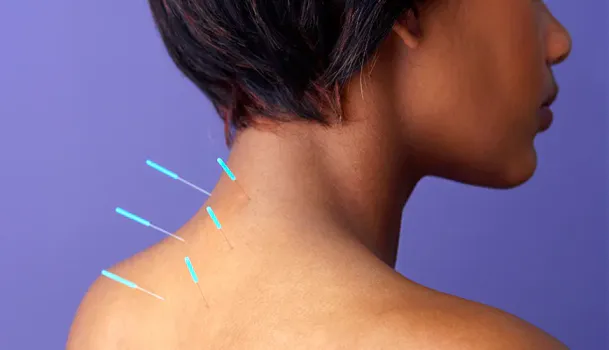The most common question asked about acupuncture is “Does Acupuncture Hurt?” If you’re considering acupuncture but hesitating because of concerns about pain, you’re not alone. The idea of being stuck with needles doesn’t exactly sound pleasant. But is this ancient healing practice actually painful? Let’s explore what you’ll really experience during your first acupuncture session.
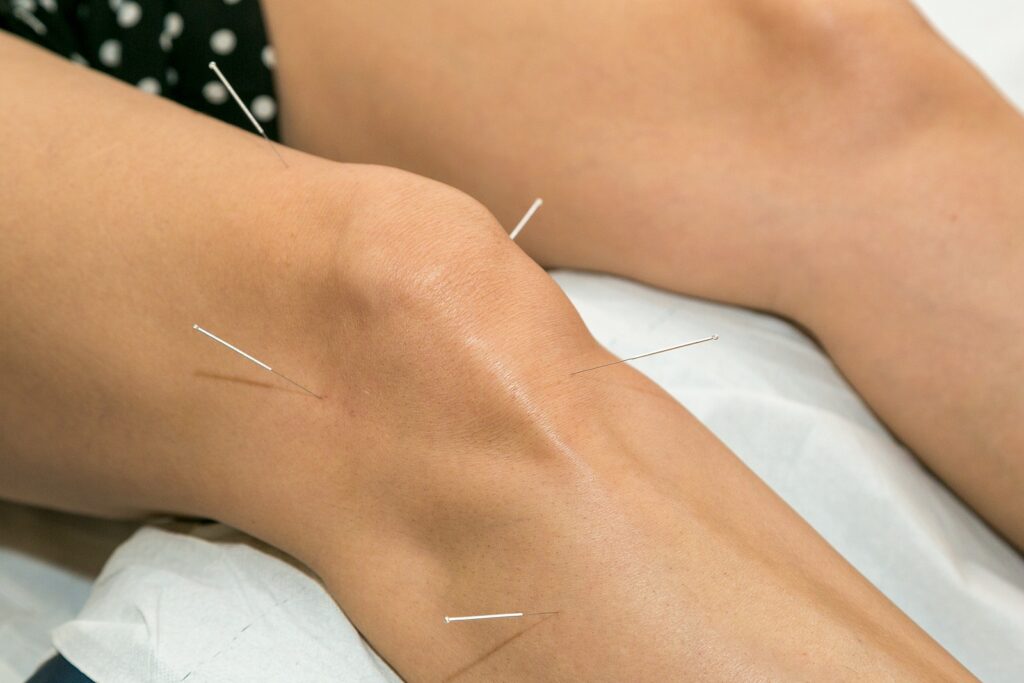
Understanding Acupuncture Needles
Acupuncture needles bear little resemblance to the needles used for injections or blood draws. They are:
- Extremely thin (0.12-0.35mm in diameter—about the thickness of a human hair)
- Solid, not hollow like hypodermic needles
- Flexible rather than rigid
- Usually made of stainless steel
For perspective, a standard hypodermic needle used for vaccinations is typically 0.5-1.5mm in diameter—up to 5 times thicker than acupuncture needles.
What You’ll Actually Feel During Treatment
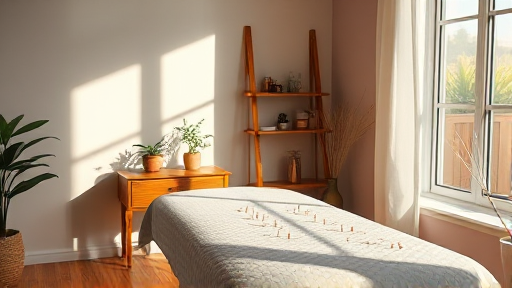
Acupuncture needles bear little resemblance to the needles used for injections or blood draws. They are:
- Extremely thin (0.12-0.35mm in diameter—about the thickness of a human hair)
- Solid, not hollow like hypodermic needles
- Flexible rather than rigid
- Usually made of stainless steel
For perspective, a standard hypodermic needle used for vaccinations is typically 0.5-1.5mm in diameter—up to 5 times thicker than acupuncture needles.
Does Acupuncture Hurt? No, Not Really
Most first-time patients are surprised by how little they feel when the needles are inserted. Common sensations include:
- A momentary pinch or prick (often described as less painful than plucking an eyebrow hair)
- A dull ache around the needle
- A feeling of heaviness in the limbs
- Tingling or warmth spreading from the needle site
- A pleasant feeling of relaxation
What you shouldn’t feel is sharp, intense, or lasting pain. Acupuncturists call the desired sensation “de qi” (pronounced “day-chee”), which patients often describe as a dull, achy pressure or a gentle electric buzz—strange but not painful.
Common Myths About Pain & Acupuncture
Myth 1: Acupuncture is torture with dozens of painful needles. Reality: Most treatments use 5-20 needles, inserted with minimal sensation.
Myth 2: Deeper needle insertion means more pain. Reality: Needle depth has little correlation with discomfort. Some deeper points are completely painless.
Myth 3: Acupuncture hurts the same for everyone. Reality: Pain sensitivity varies widely between individuals and even between different areas of your own body.
Myth 4: If it’s not painful, it’s not working. Reality: Therapeutic benefit is not correlated with pain—gentle treatments can be highly effective.
Myth 5: The needles stay painful throughout the treatment. Reality: Any mild sensations typically fade within seconds after insertion as your body relaxes.
Factors That Might Affect Your Comfort Level
Several factors can influence how you experience acupuncture:
- Your stress level: Being nervous raises sensitivity to sensations.
- Hydration: Being well-hydrated makes the treatment more comfortable.
- Time of day: Some people are more sensitive at different times of day.
- Specific condition: Certain painful conditions might temporarily increase sensitivity in affected areas.
- Practitioner skill: Experience matters—skilled acupuncturists cause less discomfort.
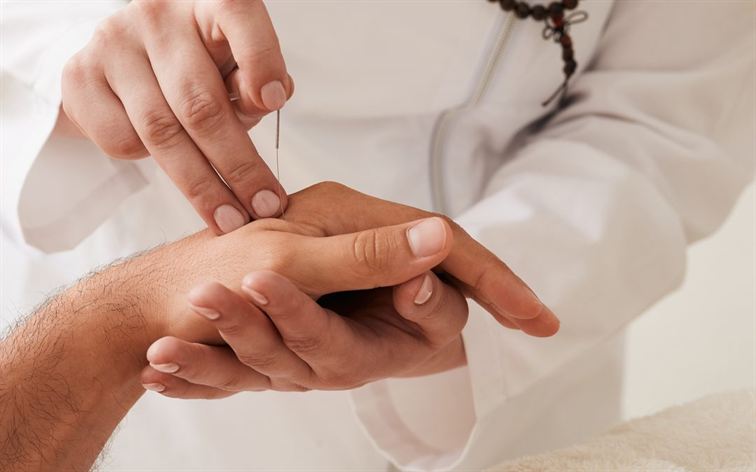
Post-treatment experiences typically include:
- Relaxation or mild drowsiness
- Improved sleep that night
- Reduced pain or symptoms (often gradually)
- Occasional mild bruising at needle sites (especially if you bruise easily)
- Temporary symptom flare-up (uncommon but normal as the body rebalances)
Most side effects are minimal and short-lived. Serious adverse events are extremely rare when treated by a licensed practitioner. Research consistently shows acupuncture to have fewer side effects than most conventional treatments for the same conditions.
Preparing for Your First Session: Tips to Minimize Discomfort
To ensure the most comfortable experience possible:
Choose a qualified practitioner: Look for proper certification and good reviews.
Communicate your fears: Let your practitioner know you’re nervous about pain.
Eat a light meal: Don’t arrive hungry or overly full.
Wear loose clothing: This allows easy access to common acupuncture points.
Arrive early: Give yourself time to relax before treatment begins.
Practice deep breathing: Slow, deep breaths help reduce tension during needle insertion.
Real Experiences from First-Timers
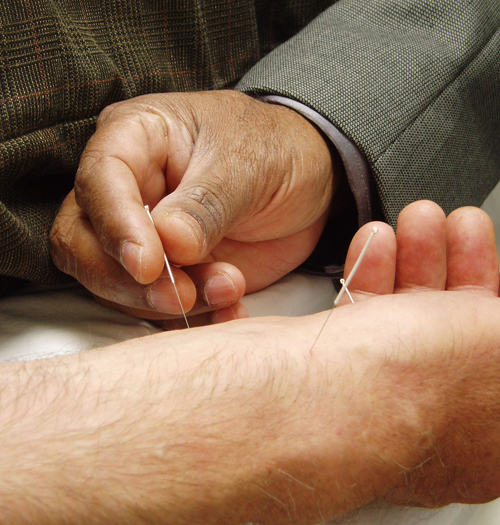
🔹 “I was terrified of needles but desperate for relief from my “I was terrified of needles but desperate for relief from my migraines. When the first needle went in, I waited for pain that never came. It felt like someone was lightly pressing their fingertip on my skin—that’s it.” —Sarah, 34
“The strangest part wasn’t pain, but the weird sensations. When a needle went into my foot, I felt a ripple up my leg. It wasn’t uncomfortable, just unexpected.” —Michael, 42
“I’d rate the discomfort as a 1 out of 10. The relaxation afterward was so worth it. I actually fell asleep on the table!” —Tina, 29
Final Thoughts: Is It Worth It?
While acupuncture isn’t completely painless for everyone, most patients find any momentary discomfort minimal compared to the potential benefits:
- Natural pain management without medication side effects
- Treatment that addresses root causes, not just symptoms
- Relaxation and stress reduction
- Improved sleep and energy
- Support for emotional well-being
- Complementary care that works alongside conventional medicine
If you’re still concerned, discuss your fears with your acupuncturist before treatment. They can use extra-thin needles, fewer needles, or gentler techniques for sensitive patients. Many practitioners offer a “demonstration” where they insert a single needle so you can experience the sensation before committing to a full treatment.
Remember that your comfort matters, and a good practitioner will work with you to ensure your experience is as pleasant as possible. Most people who overcome their initial needle anxiety become enthusiastic repeat patients—which says a lot about the actual versus imagined discomfort of acupuncture.
Ready to try it? Your first session might just change your mind about needles forever.
Finding the Right Practitioner
To ensure the best possible experience:
- Look for licensed acupuncturists (LAc) with proper certification
- Read reviews focusing on comfort and bedside manner
- Ask friends for recommendations
- Consider practitioners who specialize in treating nervous first-timers
- Don’t hesitate to have a consultation before committing to treatment
The right practitioner will welcome your questions about pain, take time to address your concerns, and adapt their approach to your comfort level. With proper preparation and realistic expectations, your first acupuncture experience can be not just tolerable, but actually enjoyable.
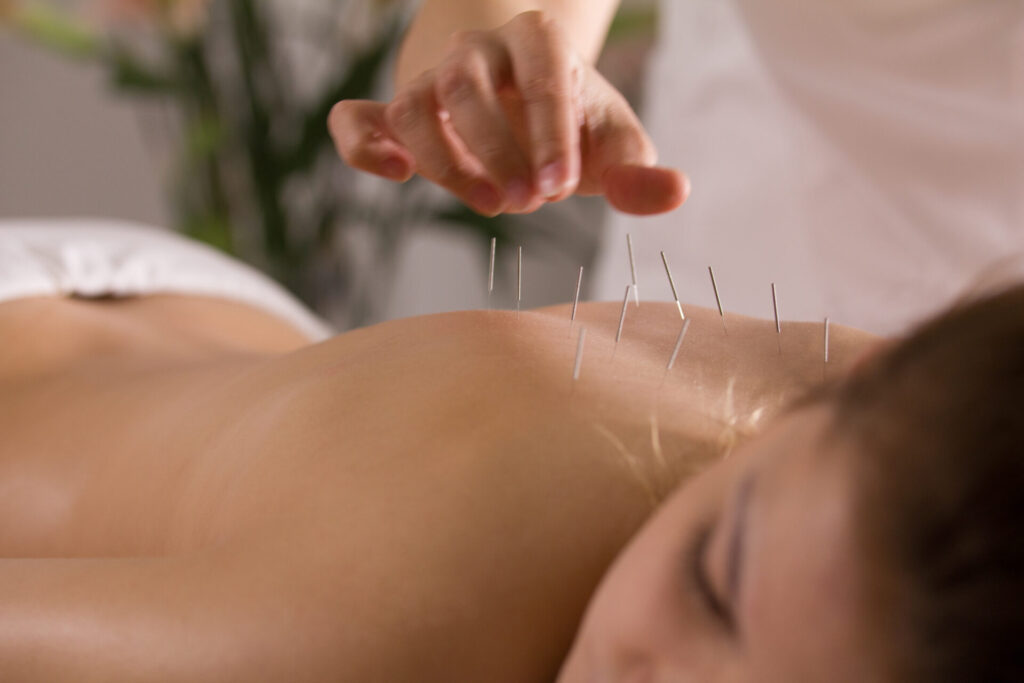
👉 Ready to try it? Your first session might just change your mind about needles forever.
